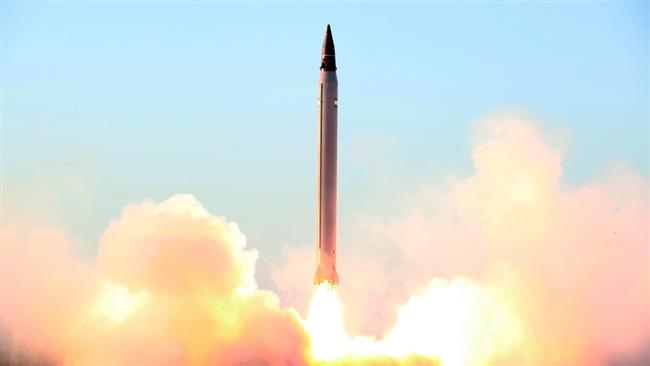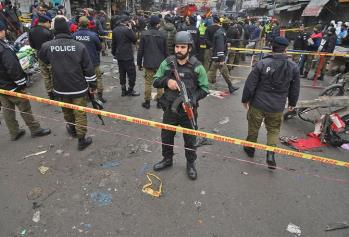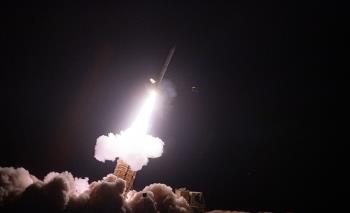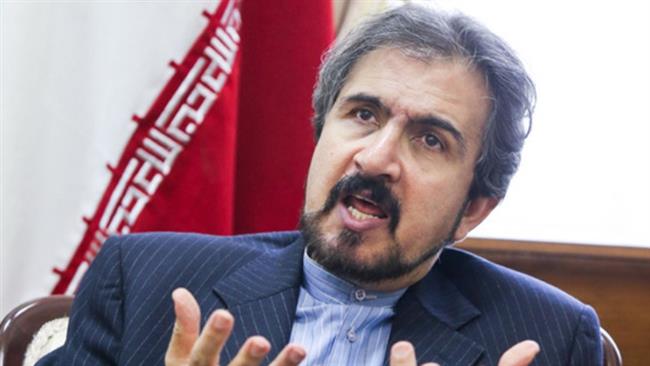Alwaght-Iran has criticized the latest report by United Nations Secretary General Ban Ki-moon on the implementation of last July’s nuclear agreement between the Islamic Republic and the P5+1 group of countries.
Speaking ahead of a planned meeting of the UN Security Council in New York on Monday, Iranian Foreign Ministry spokesman, Bahram Qasemi, dismissed as unbalanced and biased the UN chief’s report about the implementation of the council’s Resolution 2231 that endorsed the nuclear agreement, known as the Joint Comprehensive Plan of Action (JCPOA).
“This report runs counter to the letter and spirit of the JCPOA and even the Resolution 2231,” Qasemi said, adding, “This report has been drawn up under obvious pressure by the US on the United Nations secretariat and the allegations made in it against Iran are baseless.”
On July 7 Western media outlets quoted confidential report by the UN secretary general as saying that Iran's ballistic missile launches “are not consistent with the constructive spirit” of the JCPOA.
Ban, however, said that it is up to the UN Security Council to decide if Iran’s missile launches violated the resolution the Security Council adopted last year as part of the nuclear agreement.
The Iranian spokesperson further described as a positive move the UN chief's inclusion in his report of the failure of the US and the Western sides to fulfill their obligations under the JCPOA.
“However, it is regrettable that the report ignores such cases very easily and refrains from making a serious request on the P5+1 members to remain committed to their obligations,” Qasemi added.
He emphasized that the international community expects the UN chief to explicitly state the cases of the failure of the US and some members of the P5+1 to fulfill their JCPOA obligations, an issue which has been verified by many countries.

“The Islamic Republic of Iran once again emphasizes that Iran’s ballistic missiles by no means fall within the jurisdiction of Resolution 2231, because they have not been designed to carry nuclear warheads and the Islamic Republic of Iran will, therefore, not allow anyone to even opine about its defense system,” Qasemi pointed out.
Leader of the Islamic Revolution Ayatollah Seyyed Ali Khamenei has said missiles are key to the Islamic Republic's future.
"Those who say the future is in negotiations, not in missiles, are either ignorant or traitors," the Leader said in March.
"If the Islamic Republic seeks negotiations but has no defensive power, it would have to back down against threats from any weak country."
President Hassan Rouhani has also said Iran won't accept any limitations on its missile program and ordered an accelerated production of missiles in response to new US sanctions.
On March 9, Iran successfully test-fired two ballistic missiles as part of military drill to assess its defense capabilities. The missiles dubbed Qadr-H and Qadr-F were fired during a large-scale drill, code-named Eqtedar-e-Velayat. Iran emphasizes that its missiles serve defensive and deterrent purposes.



























